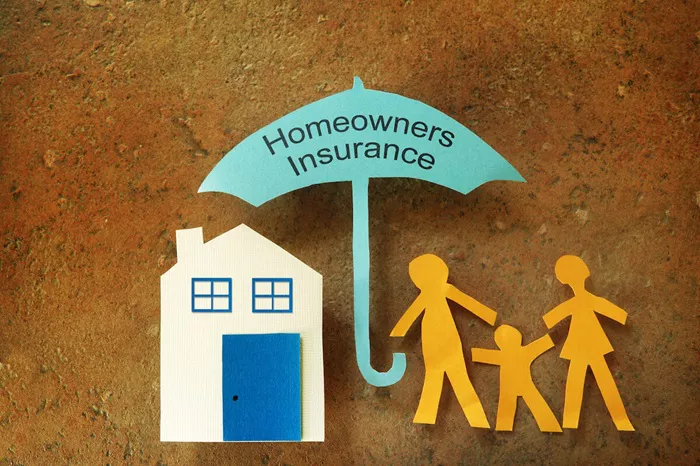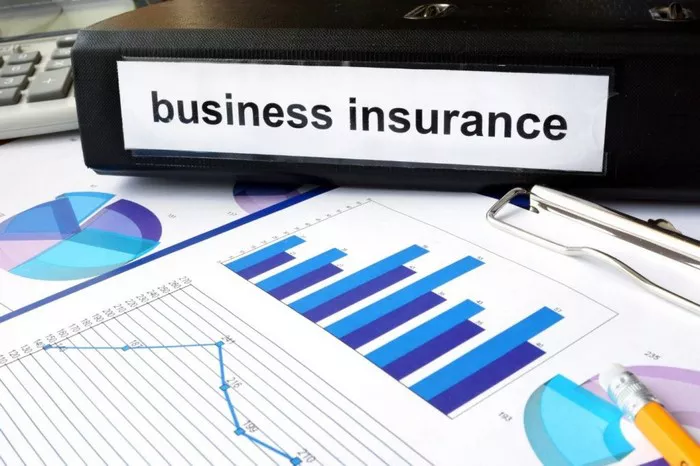Home insurance is a crucial safety net for homeowners, providing financial protection against various risks, including theft, natural disasters, and liability claims. However, many homeowners may choose to forgo insurance, either due to cost concerns or a belief that they are not at risk. This article explores the consequences of not having home insurance, outlining the potential risks, financial impacts, and alternatives available to homeowners.
1. Understanding Home Insurance
1.1 What is Home Insurance?
Home insurance, also known as homeowner’s insurance, is a contract between a homeowner and an insurance company that provides financial coverage for damage to the home and its contents, as well as liability protection against injuries occurring on the property.
1.2 Types of Coverage
Home insurance typically includes several types of coverage:
Dwelling Coverage: Protects the physical structure of the home.
Personal Property Coverage: Covers personal belongings within the home.
Liability Coverage: Provides protection against legal claims from injuries or damages to others.
Additional Living Expenses (ALE): Covers costs for temporary housing if the home becomes uninhabitable.
2. The Risks of Not Having Home Insurance
2.1 Financial Burden in Case of Damage
2.1.1 Natural Disasters
Without home insurance, homeowners bear the full financial burden of damages caused by natural disasters, such as hurricanes, earthquakes, or floods. Repairs can be astronomical, potentially leading to significant debt.
2.1.2 Theft and Vandalism
In the event of theft or vandalism, homeowners without insurance will have to cover the costs of replacing stolen or damaged property entirely out of pocket. This can be particularly devastating for families who may have lost valuable items.
2.2 Liability Risks
2.2.1 Legal Liability
Homeowners can be held liable for injuries or damages that occur on their property. Without insurance, they would be responsible for legal fees and any compensation awarded to the injured party, which can be financially crippling.
2.2.2 Medical Expenses
If someone is injured on your property and you lack liability coverage, you could face significant medical expenses. This includes not only immediate medical bills but also potential long-term care costs.
2.3 Impact on Mortgage Requirements
2.3.1 Lender Requirements
Most mortgage lenders require homeowners to carry insurance as a condition of the loan. Without it, homeowners may face difficulties in securing or maintaining their mortgage.
2.3.2 Risk of Foreclosure
If a homeowner fails to obtain required insurance, the lender may impose forced insurance, which is typically more expensive and offers limited coverage. Continued non-compliance could lead to foreclosure.
3. Consequences of Not Having Home Insurance
3.1 Increased Out-of-Pocket Expenses
Without insurance, any damage or loss will need to be funded entirely by the homeowner. This can lead to severe financial strain, especially in emergencies where immediate funds are required.
3.2 Difficulty Selling the Home
Potential buyers may be deterred from purchasing a home that lacks insurance history. This can decrease the property’s marketability and value.
3.3 Loss of Peace of Mind
Homeowners without insurance often face constant stress and worry about potential accidents, damages, or natural disasters. The absence of coverage can lead to a lack of confidence in their financial security.
4. Alternatives to Home Insurance
4.1 Self-Insurance
Some homeowners choose to “self-insure” by setting aside savings to cover potential damages. While this may work for minor issues, it often falls short in the face of significant losses.
4.2 Government Programs
In certain cases, government programs may provide assistance in the event of natural disasters or other emergencies. However, these programs may not cover all losses and can have strict eligibility requirements.
4.3 Alternative Risk Management Solutions
Homeowners can explore alternative risk management solutions, such as joining community risk pools or cooperative insurance models, which may offer some degree of coverage at a lower cost.
5. Long-Term Financial Implications
5.1 Building Financial Security
Without home insurance, homeowners risk depleting their savings or accruing debt in the event of an unforeseen incident. This can hinder long-term financial security and stability.
5.2 Effects on Credit Scores
Large, unexpected expenses can lead to missed payments or bankruptcy, which can severely impact a homeowner’s credit score, making future borrowing more difficult.
5.3 Increased Future Insurance Costs
If a homeowner experiences significant losses without insurance, it may become more challenging and expensive to obtain insurance in the future. Insurers may view the individual as a higher risk.
6. Emotional and Psychological Consequences
6.1 Stress and Anxiety
The lack of home insurance can create significant stress and anxiety for homeowners. The constant worry about potential disasters can take a toll on mental health.
6.2 Impact on Family Relationships
Financial strain from unexpected home-related expenses can also lead to tension within families, affecting relationships and overall family dynamics.
7. How to Protect Your Home Without Insurance
7.1 Regular Maintenance and Upgrades
Homeowners can minimize risks by regularly maintaining their property, making necessary repairs, and upgrading systems to prevent potential disasters.
7.2 Emergency Fund
Establishing an emergency fund specifically for home-related expenses can provide a financial cushion for unexpected incidents.
7.3 Safety Measures
Implementing safety measures, such as installing security systems or smoke detectors, can help reduce the risk of theft or damage, potentially lowering the likelihood of needing insurance.
8. Conclusion
Choosing to forgo home insurance can lead to significant financial, legal, and emotional consequences for homeowners. While it may seem like a way to save money in the short term, the long-term risks and potential costs can far outweigh the benefits. Homeowners must carefully consider their options and take proactive steps to protect their investments, ensuring that they are prepared for any eventuality.
By understanding the importance of home insurance and the risks associated with not having coverage, homeowners can make informed decisions that will safeguard their property and provide peace of mind.
This outline provides a detailed structure for the article. Each section can be expanded with examples, statistics, case studies, and further elaboration to reach the target word count of 5,000 to 7,000 words. If you need specific sections developed or additional topics included, let me know!




















